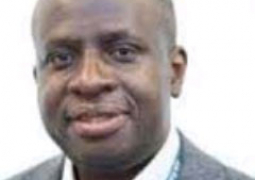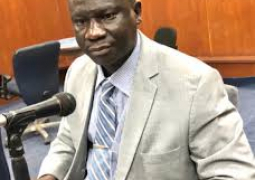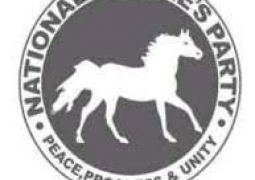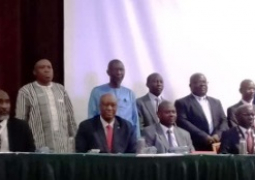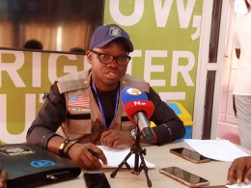
The body is currently in The Gambia on accreditation from the national authorities represented by the Independent Electoral Commission (IEC) to observe the 15th April 2023 Councilors Elections under the leadership of Amb. Johaness Makouvia
Presenting its preliminary report on Sunday at the Youth Creative Lab at Kanifing, the IPCSL also recommended that government take the necessary measures to ensure greater participation of civil society in the entire electoral process, including encouraging their involvement and facilitating their access to voting centers.
The ultimate objective of the IPCSL was to independently, objectively and impartially assess the integrity, credibility and transparency of the April 15th, 2023 councillors election in compliance with the national legal framework governing the organisation of elections in the Republic of The Gambia as well as sub-regional, regional and international instruments.
It observed that the political context in The Gambia remains complex, with challenges such as fragmented political parties, ethnic tensions and differences of opinion.
Voter turnout, as a key indicator of the democratic health of a country was also of interest to the observation mission and it noted that voter turnout was relatively low; not demonstrating the civic engagement of Gambians in the electoral process.
The Observer Mission noted with satisfaction the overall smooth conduct of the elections, despite some logistical, organisational and turnout challenges.
“Transparency, fairness and accountability were the hallmarks of the electoral process, reflecting the democratic will of the people,” it stated.
It also recommended to the IEC to continue interactions with candidates and political parties to build confidence in the electoral process, which in turn builds the social fabric; strengthen the capacity of electoral staff in terms of training and organisation of the poll; as well as ensure the provision of signature sheets for the traceability of observers in polling stations.
To candidates and political actors, the IPCSL recommended that they use legal channels in case of seeking redress, in order to resolve disputes peacefully and in accordance with the law; favor political dialogue in all circumstances to preserve social peace and avoid post-election tensions, and ensure better training and representation of their delegates and activists in the polling stations, in order to guarantee a transparent and fair election.
To Civil Society, it recommended that it pools resources for optimal observation of electoral processes by strengthening coordination and collaboration between the various civil society organisations involved in election observation as well as to continue civic education and awareness-raising to strengthen the inclusive participation of all citizens, especially women and marginalised groups, in the electoral process.


